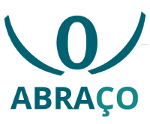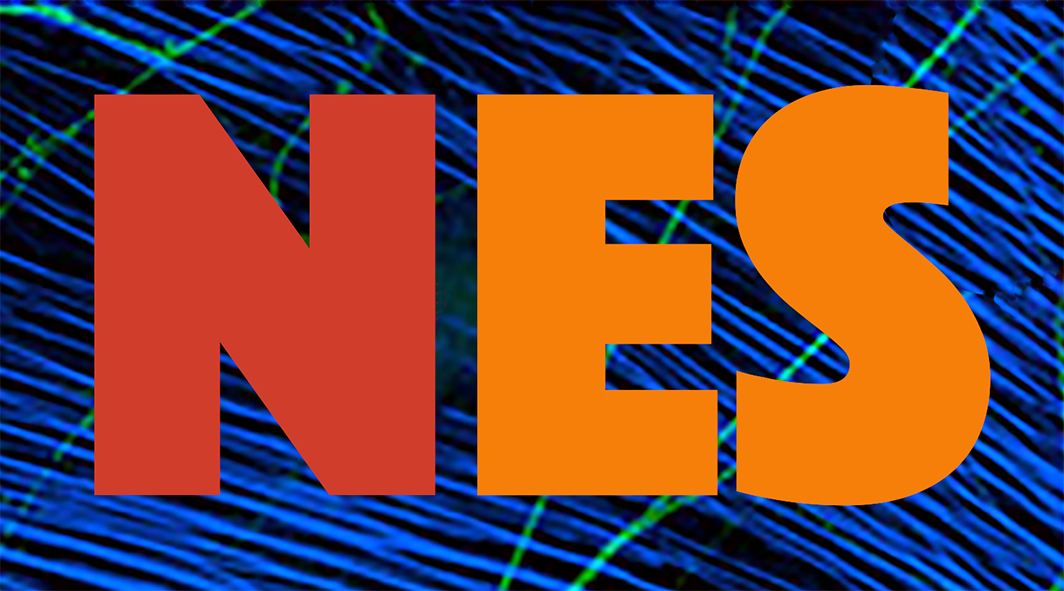
A NeuroMat project group to simulate cortical networks using stochastic models
Newsletter | Dec 21, 2016
During the last NeuroMat workshop, PI Antonio Carlos Roque presented a project on simulating neuronal behaviors associated to the Galves-Löcherbach model. Computational simulation could provide insights on brain dynamics, especially if the simulated models have very large sizes. Postdoctoral researcher Nilton Kamiji and PhD students Rodrigo Pena and César Ceballos are part of this project; Kamiji also presented on neuronal modeling at the NeuroMat workshop.
Snippets of the Second NeuroMat Workshop
Newsletter | Nov 30, 2016
The Research, Innovation and Dissemination Center for Neuromathematics has hosted this month its second workshop, gathering members of the three teams --research, technology transfer and scientific dissemination-- and guests. The event took place at the University of São Paulo with support from the São Paulo Research Foundation and combined short and long presentations, roundtables and working groups. This workshop provided a sense of the evolution of activities and was an opportunity to exchange interdisciplinary perspectives on ongoing and future lines of action. This piece provides snippets of the action at this event, officially called "New Frontiers in NeuroMathematics” and ran from November 22 to 25.
Integrating research, technology transfer and dissemination: NeuroMat’s third report of activities
Newsletter | Oct 26, 2016
When the São Paulo Research Foundation established the structure of the Research, Innovation and Dissemination Centers it stated clearly that the most important feature of RIDCs was the multiplicity of their missions, a cornerstone for attaining the status of “a world class research center.” Each RIDC must have a specific, high-impact research focus, and this research focus must be necessarily integrated with technology-transfer and scientific dissemination explicit missions. FAPESP's RIDC for Neuromathematics (NeuroMat), that was established in 2013 and is coordinated by mathematician Antonio Galves, reports its third year of activities by emphasizing how the major scientific challenge of building a conceptual framework for neuroscience data informs technology transfer and scientific dissemination.
A NeuroMat network to empower persons with Parkinson's disease in shaping therapeutic strategies
Newsletter | Oct 04, 2016
FAPESP’s Research, Innovation and Dissemination Center for Neuromathematics (RIDC NeuroMat) has launched in September a network to promote the collaboration of patients, families and professionals health to face clinical and research challenges associated with Parkinson’s disease. This initiative is called Amparo in Portuguese and is coordinated by the NeuroMat investigator Maria Elisa Pimentel Piemonte, a physical therapist and professor at the University of Sao Paulo. She is the founder and a collaborator of the service of physiotherapy of the Brazilian Parkinson Association and the chair of the Allied Health Professionals and of the pan-american chapter of the do braço pan-americano da Movement Disorder Society of the Movement Disorder Society.
A brain soccer derby: a NeuroMat story by Antonio Galves
Newsletter | Aug 31, 2016
by Antonio Galves*
| NeuroCineMat |
|---|
|
Featuring this week: |
| Newsletter |
|---|
|
Stay informed on our latest news! |
| Follow Us on Facebook |
|---|




